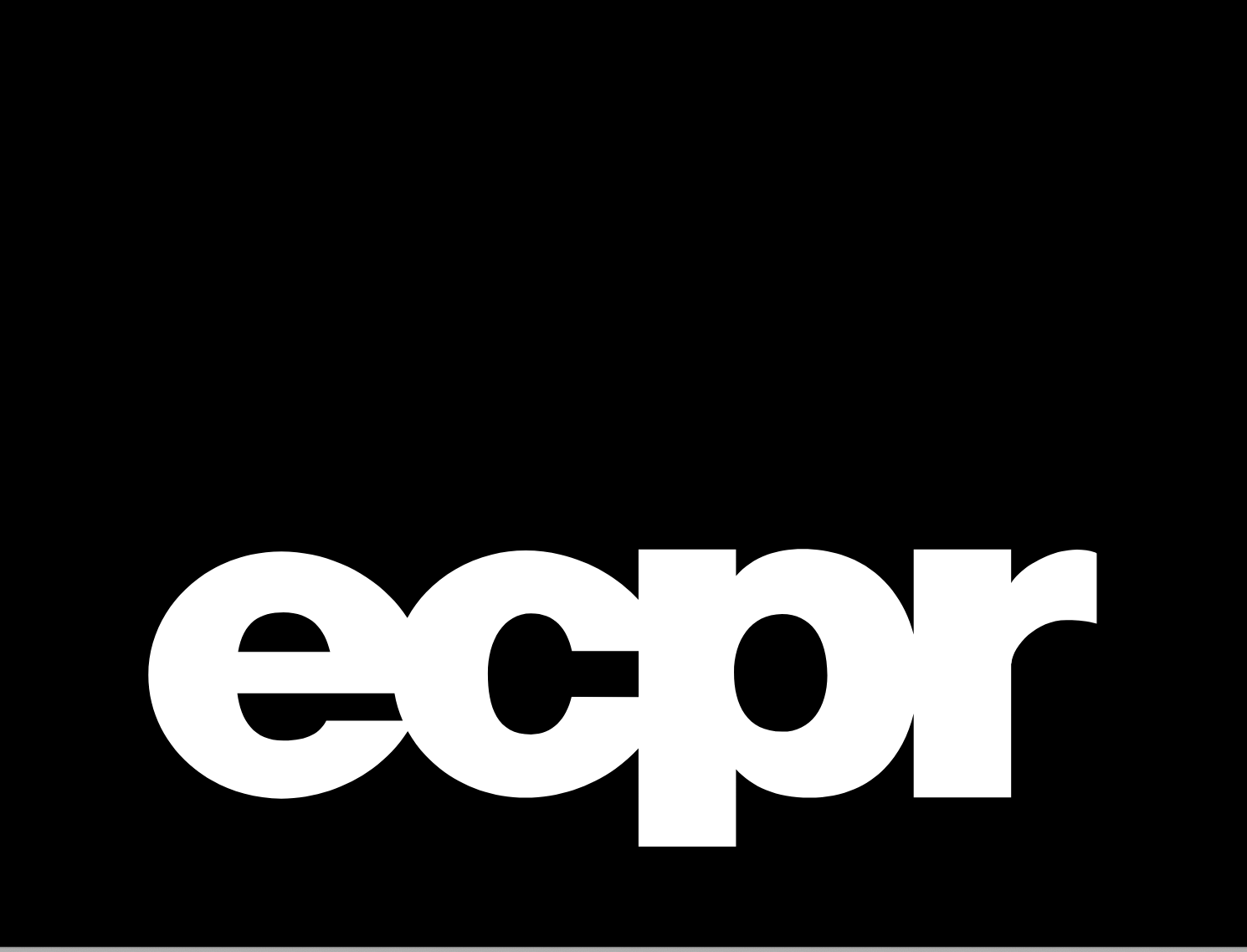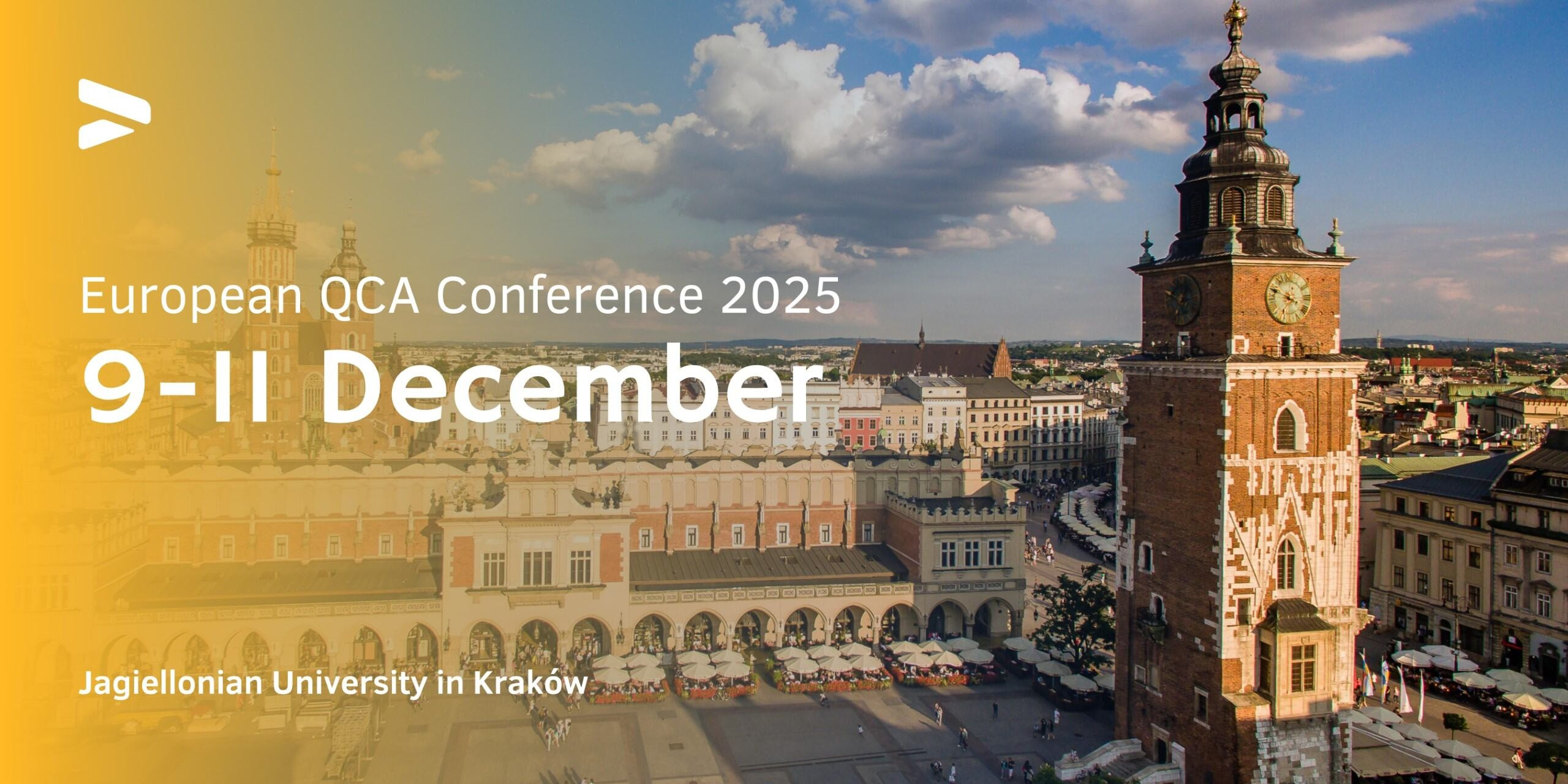-
-
Introduction to Qualitative Comparative Analysis (GSERM)
GSERM, University of St. Gallen Tellstrasse 2 9000 St. Gallen, St. Gallen, SwitzerlandQualitative comparative analysis (QCA) is a research approach consisting of both an analytical technique and a conceptual perspective for researchers interested in studying configurational phenomena. QCA is particularly appropriate for the analysis of causally complex phenomena marked by multiple, conjunctural causation where multiple causes combine to bring about outcomes in complex ways. QCA was developed … Continue reading Introduction to Qualitative Comparative Analysis (GSERM)
CHF1100 -
-

MethodsNET Summer School with CEU: Introduction to Qualitative Comparative Analysis (QCA)
Central European University, Vienna, AustriaAs part of a rich case-based and comparative methods course program at its Summer School hosted by the Central European University in beautiful Vienna, MethodsNET offers the course Introduction to Qualitative Comparative Analysis (QCA), taught by Nena Oana. This 5-day intensive in person course introduces Qualitative Comparative Analysis as an approach and a technique, its … Continue reading MethodsNET Summer School with CEU: Introduction to Qualitative Comparative Analysis (QCA)
549.45EURO -

MethodsNET Summer School with CEU: Comparative Research Designs
Central European University, Vienna, AustriaAs part of a rich case-based and comparative methods course program at its Summer School hosted by the Central European University in beautiful Vienna, MethodsNET offers the course Comparative Research Designs, taught by Benoît Rihoux. This 5-day intensive in person course is designed to enable participants to build, consolidate and implement the comparative research design … Continue reading MethodsNET Summer School with CEU: Comparative Research Designs
549.45EURO -

MethodsNET Summer School with CEU: Advanced Applied Qualitative Comparative Analysis (QCA)
Central European University, Vienna, AustriaAs part of a rich case-based and comparative methods course program at its Summer School hosted by the Central European University in beautiful Vienna, MethodsNET offers the course Advanced Applied Qualitative Comparative Analysis (QCA), taught by Carsten Schneider. This 5-day intensive in person course aims to enable participants to put in practice state-of-the-art QCA empirical … Continue reading MethodsNET Summer School with CEU: Advanced Applied Qualitative Comparative Analysis (QCA)
549.45EURO -
QCA Workshop at AOM (Info: Parts 1, 2 & 3)
Academy of Management Boston, MA, United StatesMeet us at AoM on Friday, July 25 (11:00AM-1:00PM CEST) at Bella Center in Hall C- C3-m1 in Copenhagen! Dear colleagues, We would like to draw your attention to the following PDW at the Academy of Management Meeting 2025, held in Copenhagen: Configurational Analysis in Management Research: Advances in QCA Methodology and Applications Part 1-3 … Continue reading QCA Workshop at AOM (Info: Parts 1, 2 & 3)
-
-

29th Summer School in Social Science Methods: Exploring Causal Complexity with Qualitative Comparative Analysis (QCA) (in presence)
Università della Svizzera Italiana Via Buffi 13, Lugano, SwitzerlandThis five-day intensive workshop provides participants with a comprehensive introduction to QCA, emphasizing research design and empirical application. Participants will follow an ideal-typical research process, starting with empirical illustrations of how and why QCA is used in the social sciences. These foundational sessions explore key principles, such as set theory, Boolean algebra, and the calibration … Continue reading 29th Summer School in Social Science Methods: Exploring Causal Complexity with Qualitative Comparative Analysis (QCA) (in presence)
700CHF – 1000CHF -
Exploring Causal Complexity with Qualitative Comparative Analysis (QCA)
Università della Svizzera italiana (USI), Lugano West Campus Via Giuseppe Buffi 13, Lugano, Switzerland– Full-week intensive workshop with R software application – Summer School in Social Sciences Methods – August 11–15, 2025 – Università della Svizzera italiana (USI), Lugano, Switzerland Course details & registration (reduced fee for students): https://www.usi.ch/en/education/lifelong-learning/summer-winter-school/ssm/qualitative-comparative-analysis-research-design-and-application
700CHF -

Introduction to Qualitative Comparative Analysis
Online and Aristotle University of ThessalonikiThis course offers an interactive hybrid learning environment (both online and on-site), designed specifically for master’s-level students and above. It utilizes advanced pedagogical tools to create an engaging and supportive learning experience. Enrollment is limited to a maximum of 16 participants, allowing the teaching team to provide personalized guidance and support. By the end of … Continue reading Introduction to Qualitative Comparative Analysis
-
-

2nd MethodsNET Conference
Louvain-la-Neuve, Belgium (remote participation also possible)The 2nd MethodsNET Conference is taking place in Louvain-la-Neuve, Belgium (remote participation also possible), 10-12 September – https://methodsnet.org/conference/2nd-methodsnet-conference/, which also comprises several QCA training options. 20+ short PhD-level training modules, across various formats. You can find the full list on the conference website, here is a short summary, including a QCA track: Track A: Modeling … Continue reading 2nd MethodsNET Conference
-
-

13th European QCA Conference 2025 in Kraków, Poland
Jagiellonian University Kraków, PolandQCA enthusiasts will soon gather at the 13th European QCA Conference 2025 (previously known as the International QCA Workshop) in Kraków, Poland. Visit the website for details. EQCA2025 comprises two events: 1. EQCA Paper Development Workshop Event is organized for researchers working in various domains who seek constructive feedback on their QCA-based projects and … Continue reading 13th European QCA Conference 2025 in Kraków, Poland
10 events found.
